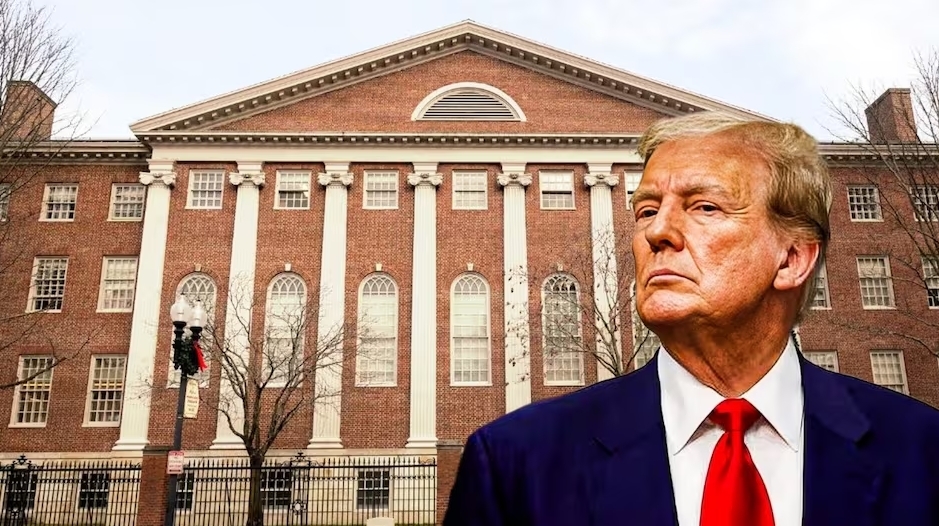The Trump administration has announced a new pause on over 500 National Institutes of Health (NIH) grants, worth more than $1 billion, allocated to Harvard University. Senior officials at the Department of Health and Human Services (HHS) stated that the decision stems from what they describe as Harvard’s failure to protect Jewish students from antisemitism and to comply with civil rights obligations under federal law.
HHS officials emphasized that the suspension is linked to Harvard’s alleged violations of Title IV of the Civil Rights Act of 1964. These violations relate specifically to the university’s handling of antisemitic incidents and its admissions practices.
“Harvard needs to fully come into compliance,” one senior HHS official said, adding that the university must provide guarantees to prevent future occurrences of similar conduct.
The grants in question include funding for training scientists and various non-clinical research initiatives. Officials clarified that the freeze will not affect any clinical care for children.
This action follows a broader campaign by the administration targeting elite academic institutions over their responses to campus antisemitism. In recent months, the administration has issued warnings to dozens of universities and initiated similar pauses on funding—most notably $2.2 billion previously frozen at Harvard, along with $210 million at Princeton University and $510 million at Brown University. These measures were tied to ongoing federal investigations.
The situation escalated after Harvard released a public letter rejecting federal demands, which included audits of the university’s handling of anti-Israel protests and a review of its admissions processes. In response to the funding freeze, Harvard filed a lawsuit against the Trump administration on Monday, as first reported by The New York Times.
According to senior HHS officials, no formal outreach from Harvard has occurred since the administration issued its initial demands. One official noted the contrast between Harvard’s quick public communications and its failure to engage with federal authorities over the core issues.
Officials stressed that the NIH grant pause is temporary and contingent on Harvard’s compliance with federal civil rights laws. “This is a pause of grant funding, not a termination,” one official said. “Assuming Harvard decides to come back into compliance… [funding] can be turned back on.”
The Trump administration’s stance remains firm, with additional funding freezes described as possible, though none are currently being considered for Harvard. A senior official added, “All options are on the table.”

